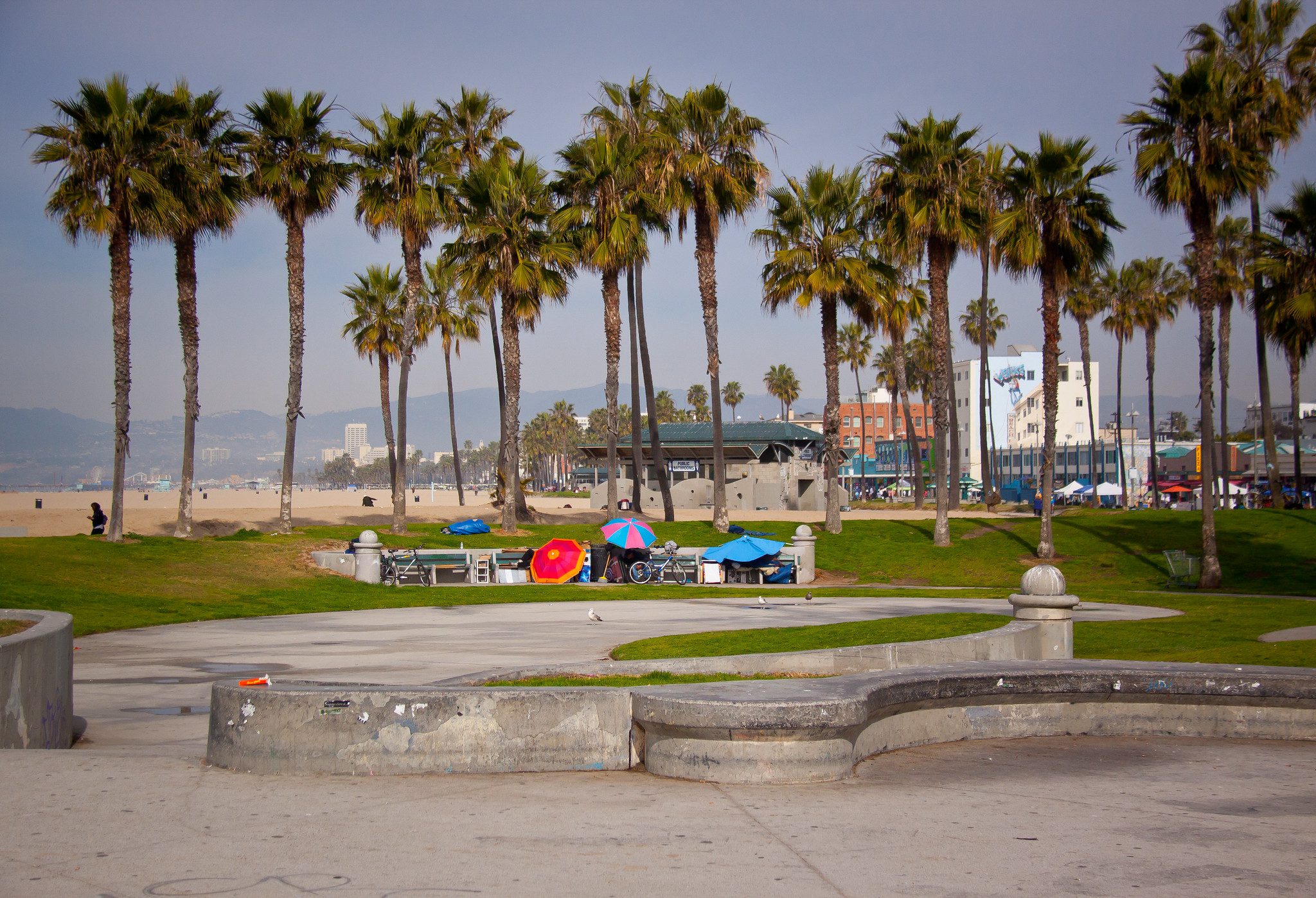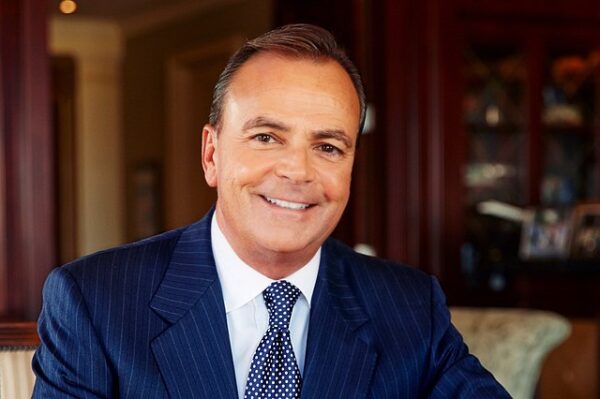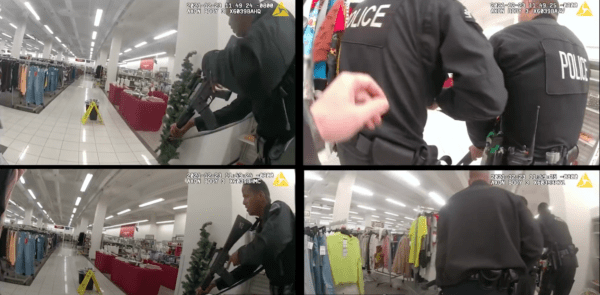For nearly a decade, the Westside of Los Angeles has been represented by Councilman Mike Bonin, a staunch progressive who has railed against the city’s anti-camping law.
Councilwoman-elect Traci Park — who takes over for Bonin in less than three weeks — told City News Service that she plans on day one to “insist” that the 41.18 ordinance be enforced in the 11th District, signifying a key difference between Park and her soon-to-be predecessor.
The ordinance bans people from sitting, sleeping and storing property in certain areas of the city, and was recently expanded to include banning encampments within 500 feet of schools and daycare centers. Bonin has repeatedly voted against the ordinance and its expansion, joining critics in claiming that the law “criminalizes” homelessness.
“This is going to disconnect people from services,” Bonin said at a council meeting in August. “This is going to channel our time and money and energy into moving people around, instead of moving people inside. It is actually harmful.”
Park, who supported a recall effort against Bonin last year, said her priorities upon taking office include addressing encampments in the district that “require immediate attention and intervention,” naming specific encampments on West Jefferson Boulevard and near the Westside Neighborhood School.
She said the 41.18 ordinance “absolutely does not criminalize homelessness,” claiming that it protects children and enables places like parks and libraries to be “safe and accessible.”
The ordinance has attracted fierce disagreement from activists and protesters who attempted to disrupt council meetings over the summer when expansion of the law was being considered. But the council ultimately voted 11-3 to expand the ordinance to include schools and daycare centers.
Bonin said at the August meeting that the council hadn’t done any studies of the impact of the ordinance’s expansion, nor did it highlight specific locations and addresses where the encampment ban would be in effect. He also claimed that the vote would make the city more vulnerable to lawsuits.
Data from Kenneth Mejia, the city controller-elect, found — based on his own mapping — that the council has effectively banned encampments on 20% of the city’s sidewalks.
Park wants to expand the ordinance to apply to high fire-risk areas such as canyons and hillsides, and environmentally sensitive habitat areas like the Ballona Wetlands. She stressed that the ordinance is “not a solution to homelessness” but rather a “matter of public safety.”
“Those are reasonable time and place restrictions that we are legally entitled to pursue, given the various, very significant threats to lives, infrastructure and environmental resources,” Park said.
Park, an attorney who focuses on labor and employment law and civil rights litigation, portrayed her opponent in the race, Erin Darling, as similar to Bonin — beginning with the approach to the 41.18 ordinance.
Darling told CNS that while he would enforce the ordinance because it is the law, he disagreed with the emphasis on enforcement.
“That’s the status quo, in my opinion, is the focus on closing one place down and just pushing people two blocks over as opposed to a pathway off the streets,” Darling said.
As of Wednesday, Park had garnered the most votes out of any candidate on the Nov. 8 ballot for City Council, and was ahead of Darling by four percentage points. Darling conceded the race last week.
In a statement, Bonin said that while “Councilmember-elect Park and I have different visions of how to move Los Angeles forward, the voters have spoken, and she has their support.”
Park, who is in the process of hiring her team, said she’s been meeting with Bonin’s staff to ensure a smooth transition.
What continues to surprise Park is the amount of influence and discretion that council members have over their respective districts. She called for a citywide approach to certain land use and planning issues, as well as the enforcement of the 41.18 ordinance.
Park will be one of six women on the new council, and noted her excitement to be part of a historic election. Her victory contrasts with those of Hugo Soto-Martinez and Eunisses Hernandez, two progressives who defeated incumbents this year.
The other new council members, Tim McOsker and Katy Young Yaroslavsky, are expected to align more with the center of the council ideologically.
Park is looking forward to collaborating with her new colleagues and working to bridge disagreements.
“I have found often that most people tend to agree on most things,” Park said. “If you invest the time looking for where you have common ground, it’s much easier than one might think to find ways to partner and collaborate.”







